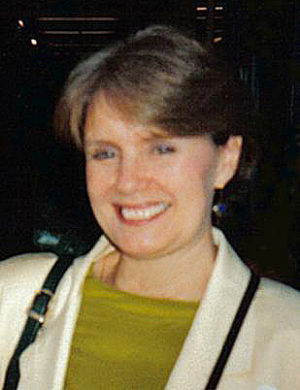
Nancy Huntting, Aesthetic Realism consultant, writes:
Complaining has always been popular. But what is the criterion for complaint? Why is some complaint valuable and another kind very hurtful? And what can we learn about the subject from a poet who Eli Siegel said was “one of the great complainers of all time”? You can find out in “Complaint and Byron,” the magnificent new issue of The Right of Aesthetic Realism to Be Known.
The commentary by Ellen Reiss begins:
Dear Unknown Friends:
The 1966 lecture by Eli Siegel that we’re in the midst of serializing is important and immensely kind. It’s on a subject so much a part of people’s days, thoughts, and utterances: complaint. The lecture is about complaint in poetry. And in the section we’ve reached, Mr. Siegel comments on passages from Byron’s poem Childe Harold.
He spoke on Byron many times. And I have said that Eli Siegel is the critic who understood Byron, both as poet and human being. This is not the place for me to give with any fullness my reasons for saying that (though I have great pleasure in doing so). But since Byron is part of the present lecture as a person illustrating complaint in poetry, I want to point to other statements of Mr. Siegel about him in relation to this particular subject.
His Unprecedented Effect
No poet has ever been more popular—and widely popular—during his or her own lifetime than George Gordon Lord Byron (1788-1824). The first two cantos of Childe Harold were published in 1812 and Byron wrote, “I awoke one morning and found myself famous.” He was not exaggerating. Soon, his work was stirring, in an unprecedented way, people not only in England but America, France, Spain, Italy, Germany, Russia, and beyond. He was writing poetry but he was a best-seller, and the interest in him was not “literary” in a narrow sense. In a 1961 lecture, Aesthetic Realism on Byron, Eli Siegel said:
There was something hardly paralleled about his effect, which was more subtle than even the persons who underwent it knew; and it is still going on. [TRO 772]
Of all the critics and scholars of Byron for the last two centuries, it is Mr. Siegel who has explained why he did so much to people. And the reason has to do with this Aesthetic Realism principle: “All beauty is a making one of opposites, and the making one of opposites is what we are going after in ourselves.” …Read more